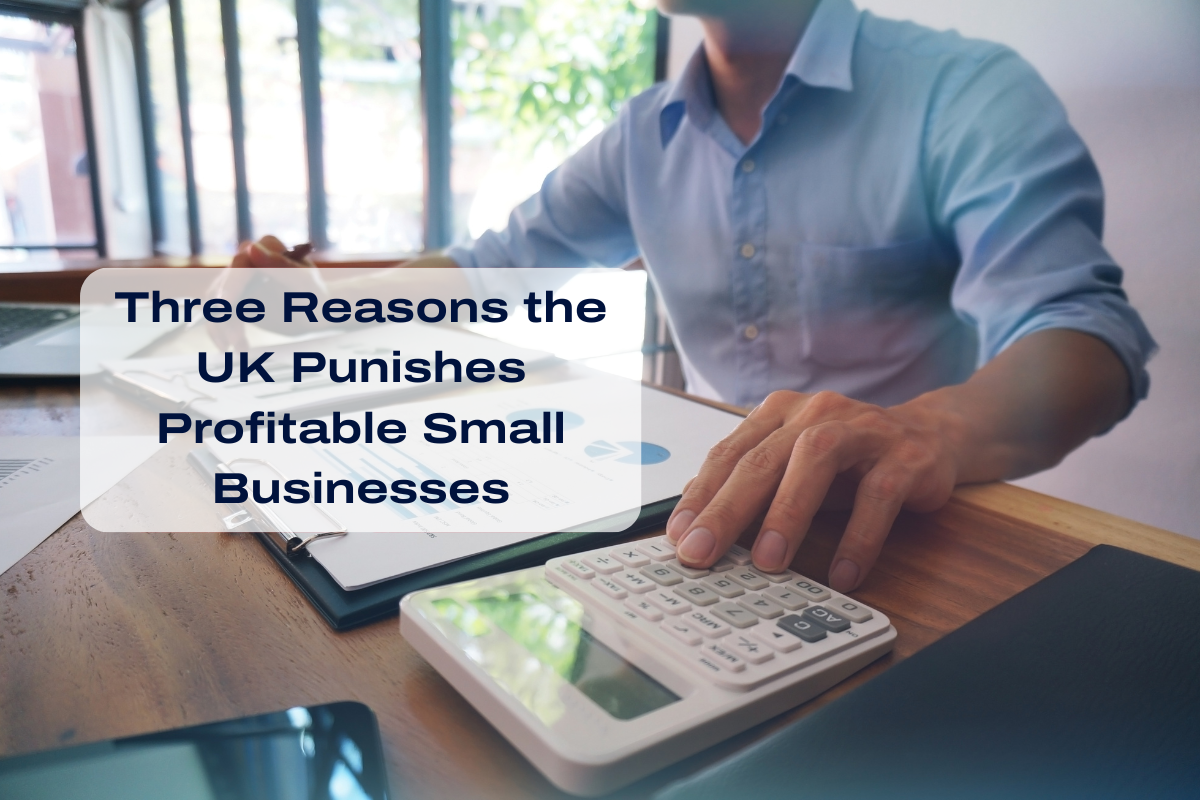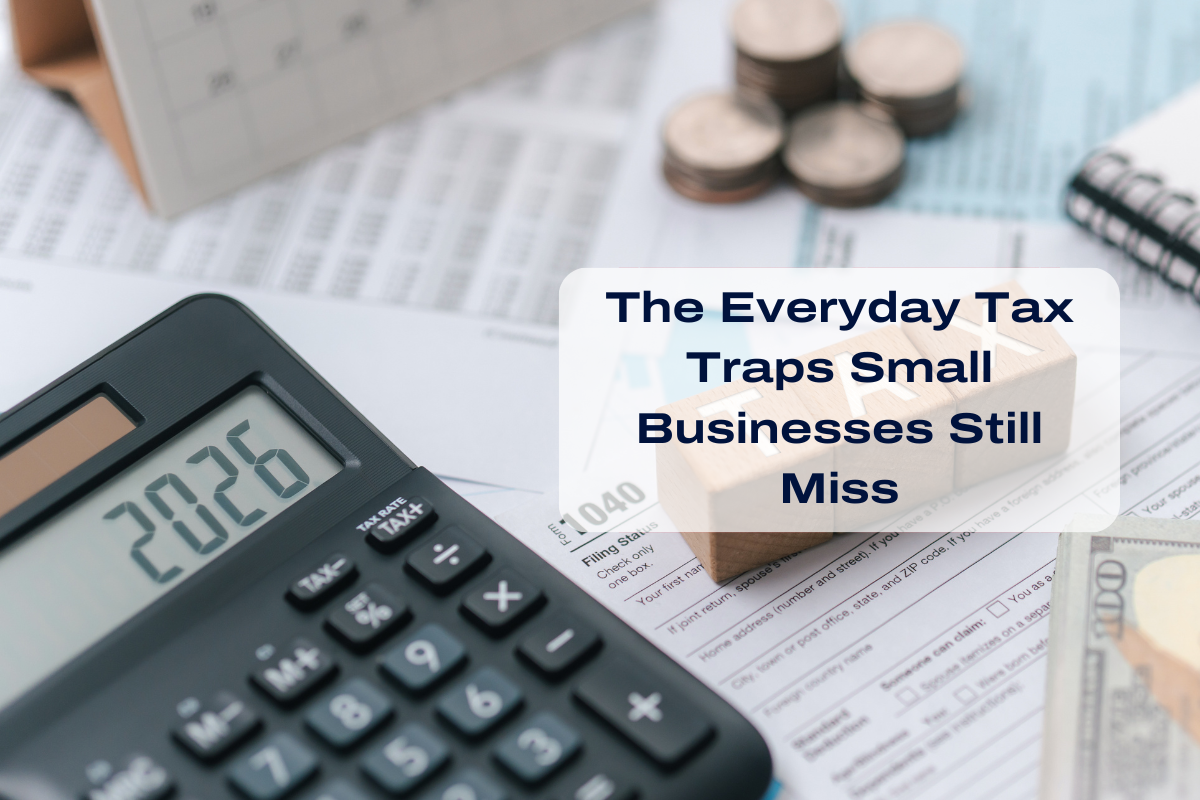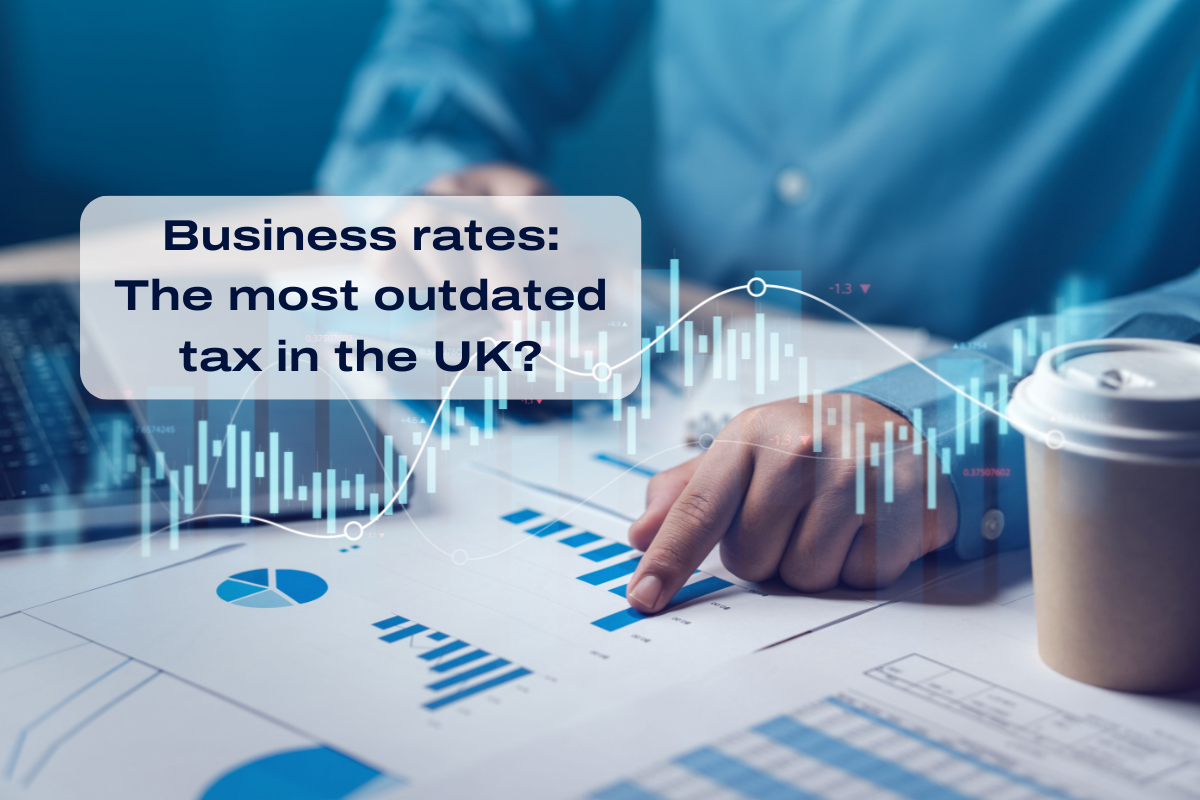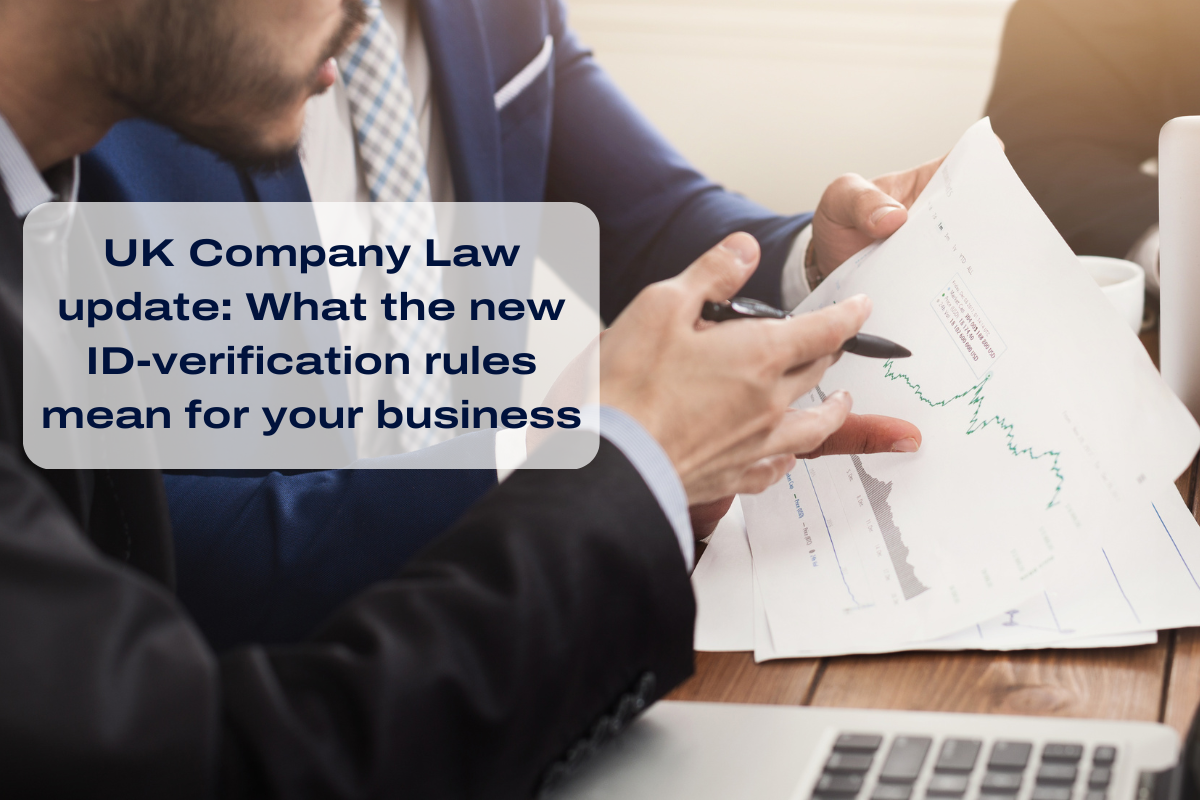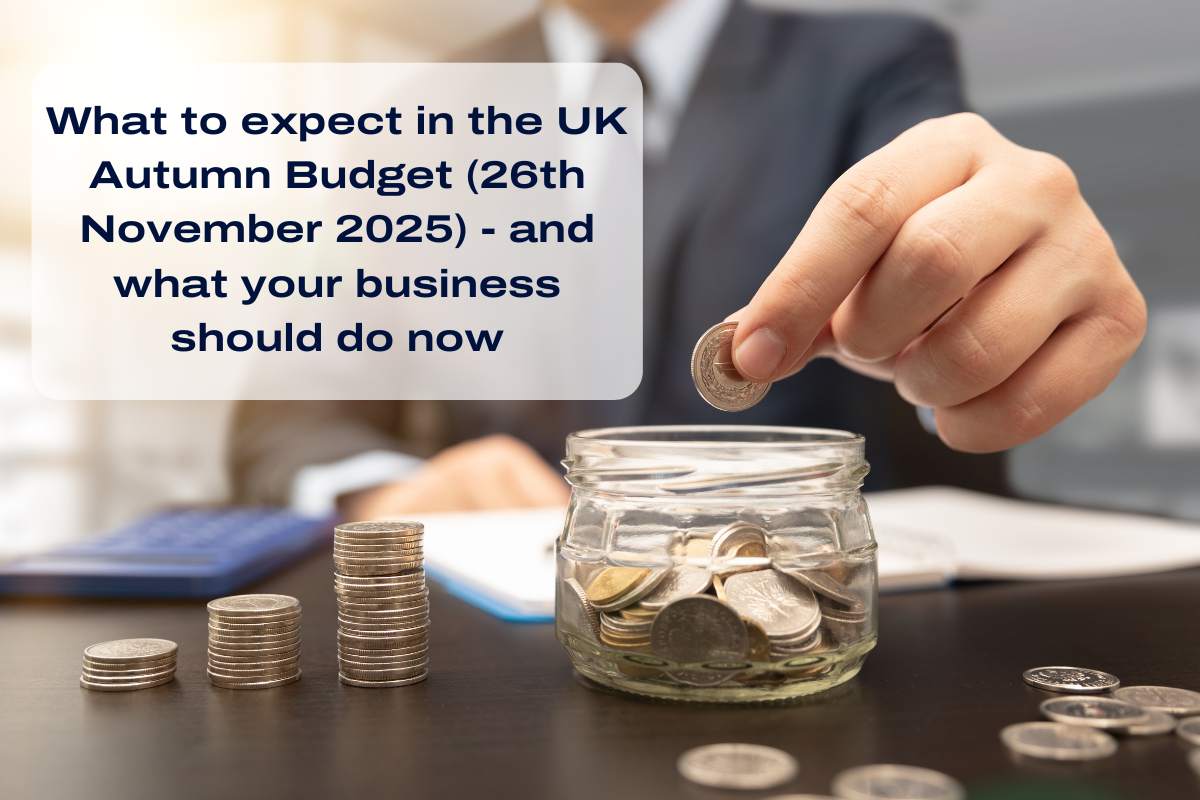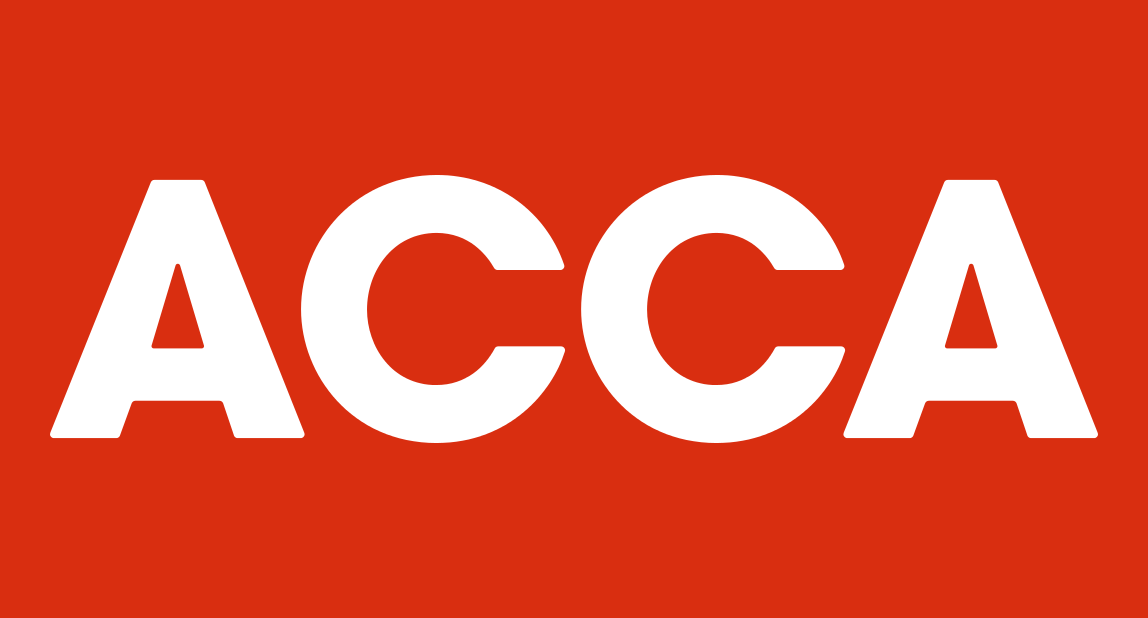Knowledge Portal: Managing Business Finances and more
CHRIS BARNARD June 30, 2025
This is a subtitle for your new post
What Every Business Owner Needs to Know About Crypto and HMRC
Crypto Tax Guide for UK Business Owners | HMRC & Crypto Explained
Cryptocurrency is no longer the niche interest it once was. More and more businesses are accepting crypto payments, investing in digital assets, or exploring blockchain-based opportunities. But when it comes to tax, confusion reigns supreme. Does HMRC treat crypto like money? How do you report it? And what if you get paid in it?
As crypto adoption increases, so does HMRC’s scrutiny for Crypto tax UK, and the requirement for proper crypto currency accounting. With HMRC crypto rules still evolving and often misunderstood, it’s vital to understand how your crypto activity fits into your business accounts. The penalties for getting it wrong can be costly — not just financially, but reputationally.
So whether you’re dipping a toe into crypto or already transacting regularly, this business owner's crypto guide is here to break down the key facts and make compliance simpler.
How HMRC Treats Crypto Payments in UK Businesses
There’s a few things you need to know about crypto for business. If your business accepts cryptocurrency as payment for goods or services, it will generally be treated as revenue and taxed accordingly. The transaction must be converted into pound sterling at the point of receipt, and the usual VAT rules may still apply.
Our advice is to always invoice in GBP, not in crypto. This avoids the complications of fluctuating values and ensures clarity for both you and your client. If your client wants to pay in a cryptocurrency like Ethereum, they can simply convert the GBP amount into ETH on the day of payment. You still record the income in GBP, at the agreed invoice value, ensuring consistency in your accounts.
Crypto payments are not exempt from VAT or Income/Corporation Tax
Even if the transaction happens in crypto, HMRC still views it as a barter transaction with a monetary value. That value must be declared as income for tax purposes. VAT must also be considered in the same way it would for a cash payment.
You must convert the crypto’s market value into GBP on the date of receipt
You’re responsible for valuing the crypto at the time the payment was made, using a reasonable and consistent method — such as an average across multiple exchanges or a trusted market rate source. This valuation forms the basis for income recognition. Click here to learn about exchange rates. You can also use software like Koinly to track those GBP/Crypto values.
Keep clear records of each transaction, including date, token, and GBP value
You’ll need a complete audit trail. That includes the type of token received, how much was received, its GBP value on that day, and what it was received for. This supports both tax compliance and sound accounting.
Crypto Investments & Capital Gains Tax for UK Businesses
Holding crypto as a business investment? You may need to pay Capital Gains Tax (CGT) when you:
- Sell your tokens
- Exchange them for other crypto assets
- Use them to buy goods or services
- Gift them to someone (other than your spouse or civil partner)
- Donate to charity (in some cases CGT still applies)
Calculating your gain:
Your gain is usually the difference between what you paid and what you sold for. However, before calculating a gain or loss, you must match the crypto tokens you've disposed of with those acquired. HMRC applies the following matching rules in strict order:
- Same-day rule: Match tokens disposed of with any acquired on the same day.
- 30-day rule (bed and breakfasting): Match with any tokens acquired in the 30 days following the disposal, provided you were UK resident at the time.
- Section 104 pool: Any remaining disposals are matched against your pooled holdings — an average cost of all previous purchases not already matched under the above rules.
These rules help determine the cost basis of tokens disposed of and ensure accurate capital gains or loss calculations. Misapplying them can result in incorrect reporting and tax liability. In some cases — such as gifts or connected-party transfers — you may need to substitute the market value instead of the sale price.
If you paid Income Tax on the asset (for example, if it was received as part of employment income or airdrop tied to services rendered), CGT will only apply on any subsequent gain from the point you acquired it.
Allowable deductions include:
- Transaction and exchange fees (only when directly associated with the acquisition or disposal of tokens — ongoing platform or wallet fees not tied to a specific buy or sell action generally do not qualify for CGT deductions)
- Advertising for a buyer or seller
- Drawing up legal contracts
- Third-party valuations used to calculate the gain
- A proportion of your pooled costs (see next section)
You can also use capital losses to reduce your gain — but these must be reported to HMRC first. If your total net gains exceed the annual exempt allowance (currently £3,000 for individuals), CGT must be paid. You must report this through a Self Assessment tax return if your total gains are above the £3,000 allowance — or if the total proceeds from your disposals exceed four times that amount, currently £12,000 in a tax year. Even if you believe no tax is due, you may still be required to report. Always retain records and check whether your crypto disposals meet the reporting thresholds.
This applies to business-held assets too — although companies pay Corporation Tax on chargeable gains, not CGT specifically.
Tracking Crypto Transactions with Pooled Costs
Just like with shares, crypto asset tokens must be pooled by type for tax purposes. This means calculating an average cost per unit across all holdings of a specific token.
When you sell or dispose of a portion of your tokens, you deduct a proportion of the pooled cost to work out your gain or loss. Every time you buy or sell, your pool must be updated to reflect the new average cost.
Example:
You buy 10 ETH for £10,000 in total. Your average cost is £1,000 per ETH.
You later buy another 5 ETH for £6,000. Your total pool is now 15 ETH with a cost of £16,000, making your new average cost £1,066.67 per ETH.
If you then sell 5 ETH for £7,500, your gain is:
(£7,500 sale price - £5,333.35 cost) = £2,166.65 gain.
Special rules override pooling if you:
- Buy and sell the same token on the same day — use the same-day rule
- Buy tokens within 30 days of selling the same token — use the 30-day rule
These rules prevent ‘bed and breakfasting’ — selling to realise a loss or gain and immediately buying back.
Crypto Trading vs. Investing: How HMRC Decides What You Owe
The line between trading and investing in crypto can affect which taxes apply. Most businesses and individuals will be considered investors, but if you’re carrying out trading-like activity, HMRC may apply Income or Corporation Tax instead of CGT.
HMRC considers the following factors when assessing whether you're trading or investing:
- Frequency: Are you transacting regularly, or only occasionally? A high volume of trades may suggest trading activity.
- Organisation: Is there a system, plan, or business structure in place? Professional tools, records, or trading setups can point to a trade.
- Intention: Are you investing for long-term growth or short-term resale? A profit motive, particularly over short holding periods, may indicate trading.
- Risk level: Is your activity speculative and profit-driven? Taking substantial risks in pursuit of short-term gains suggests trade rather than investment.
If classified as a trade:
- Individuals: Your profits are taxed as trading income under Income Tax rules — the same way as if you were a sole trader or self-employed
- Companies: Your gains are taxed as part of trading profits under Corporation Tax
Trading classification usually only applies to those with high-volume, systematic, and professional activity. Other factors include the number and pattern of transactions, the interval between purchase and sale, and the scale and sophistication of operations — all outlined in HMRC’s 'badges of trade' framework (BIM20205). Merely calling it a 'trade' isn’t enough — HMRC looks at the facts.
For most, especially those holding crypto for investment or payment purposes, the CGT route remains standard.
Stay Compliant: HMRC & Crypto Tips for Small Business Owners
Crypto might feel like the Wild West, but HMRC’s view is becoming increasingly clear — and increasingly strict. In this guide, we’ve explored how your crypto activity is likely to be treated for tax purposes:
- If you accept crypto as payment, it's business income and must be valued in GBP at the time of receipt.
- If you invest in crypto, Capital Gains Tax may apply when you sell, swap, gift or spend it.
- You need to understand pooled costs — tracking your tokens like shares to work out your taxable gains.
- If your activity resembles trading — regular, structured, and profit-driven — HMRC may treat it as a business trade, taxing you differently.
Above all, the key to staying compliant is keeping excellent records, valuing transactions fairly, and knowing whether you’re an investor or a trader.
Still unsure where you stand?
Collective Concepts Accounting specialises in crypto compliance and can help you cut through the confusion. Whether you’re a casual investor or running a business that deals in digital assets, we’re here to support you.
📩 Ready to get started? Contact us today for a clear conversation about crypto and tax.
FAQs on Crypto & HMRC
Do I need to pay tax on cryptocurrency in the UK?
Yes, HMRC views cryptocurrency as an asset, not a currency. You’ll need to pay tax when you dispose of it - for example, by selling, swapping, or gifting it - depending on whether you’re investing or trading.
What type of tax applies to cryptocurrency?
If you’re investing, you’ll usually pay
Capital Gains Tax (CGT) on profits when you sell or exchange crypto. If you’re trading, mining, staking, or receiving crypto as payment, it’s likely to fall under
Income Tax or
Corporation Tax.
Do I have to pay tax just for holding crypto?
No, simply holding cryptocurrency does not trigger a tax liability. You only pay tax when you dispose of it or when it generates income.
How does HMRC know about crypto transactions?
HMRC receives data from major cryptocurrency exchanges and can request transaction records. They also issue “nudge letters” encouraging voluntary disclosure, so transparency and good record-keeping are essential.
What records should I keep for HMRC?
You should maintain a clear record of every transaction - including dates, types, GBP values, wallet addresses, and transaction IDs. Keep copies of statements and receipts, as HMRC can request these during a compliance check.
Can you help me manage my crypto tax reporting?
Yes, at Collective Concepts Accounting, we can help you calculate your crypto gains and losses, ensure you’re reporting correctly, and stay fully compliant with HMRC’s evolving guidance.
